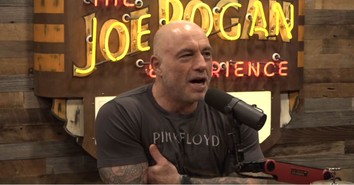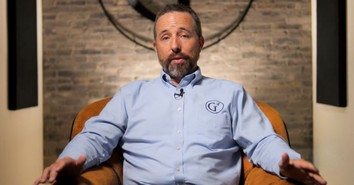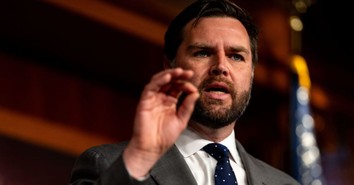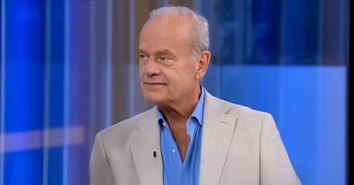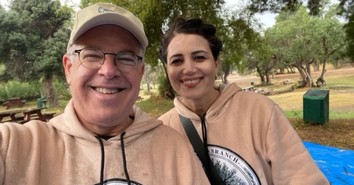Cally Logan Shares How New Book Helps Readers Overcome the ‘Bully in the Mirror’
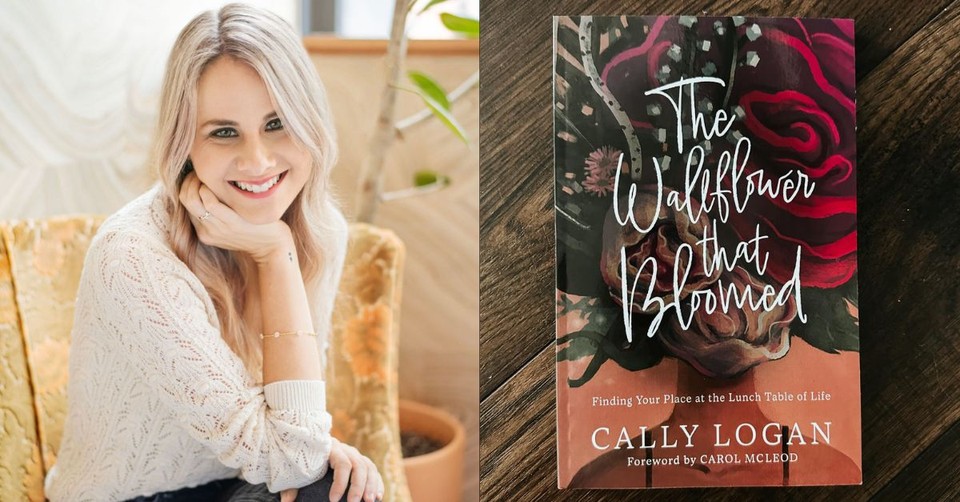
Author and speaker Cally Logan believes that creativity is a divine gift—an extension of the ultimate Creator’s heart. In a recent conversation with Crosswalk Headlines, Logan opens up about her new book, The Wallflower That Bloomed, a deeply personal journey inspired by a God-given phrase that lingered in her spirit for nearly a decade.
From the roots of her curiosity to the emotional and spiritual healing that came through writing, Logan invites readers into a vulnerable look at identity, calling, and blooming into who God created them to be. Her hope? That every reader walks away with a renewed hunger to know the Lord more intimately—and the courage to embrace their God-authored purpose.
Crosswalk Headlines: Where does your creative spirit come from?
Cally Logan: I would say truly it comes from God, the ultimate Creative Spirit. Tolkien phrased it well in saying, “Man, sub-creator, the refracted light through whom is splintered from a single White to many hues, and endlessly combined in living shapes.” As creations of the ultimate Creator, we are not just made in His image (Genesis 1:27), but we are given innate qualities that reflect the Ultimate Creator. These qualities are revealed in a multitude of ways from person to person, but for me personally, I see that which I foster in creative efforts to be not of my own glory but really credit of what He has graciously enabled me to do. I was also very fortunate to grow up in a home that encouraged appreciation for mediums of storytelling in various forms from music to movies to beloved books. Cultivating an appreciation for those things becomes a foundation for then later seeking to make new additions to the grand story of art in this world.
CWH: How did the book come about?
CL: For several years, I have pondered the idea of a phrase God gave me through prayer one afternoon on a drive of “the wallflower that bloomed,” and I immediately knew that was far too clever to be something of my own musings. The phrase remained in my heart for close to a decade before I felt God leading me to take that concept and open it up to become an entire garden of challenges, discussions, and examples for a whole book. There were also some very pivotal interactions I witnessed during this time that really instilled the conviction that this book was something that others needed not just for a “how-to” bloom but one that offered a third party’s encouragement to take the risk to bloom. What astounded me most was that the book was written in less than six weeks; it was like it had been ruminating within my heart and spirit for a long time and was ready to be poured out.
CWH: You seem naturally curious. Why do you think God wired you like that?
CL: Most definitely, I was the kid who always wanted to know why. I think that God equips people with certain attributes that, in time, will prove an asset for their calling, and for me, curiosity is most utilized through the continued pursuit of truth. That venture to find that much-desired truth is fueled by curiosity, really.
CWH: How can we find the hidden potential within us?
CL: To uncover and find the hidden potential within us, we must seek an authentic relationship with the Lord -- not just the Sunday morning kind of interaction, but a daily surrender to know Him better and in time to ask Him questions. When we inquire His insights for revelation of He designed us to be it is there that we find underneath the dust of facade true authenticity. We no longer subscribe to the vapid trends of society, the judgmental labels imposed by others, or the deceits of the enemy, and we embrace the unique, veritable God-given identity He has for us.
CWH: What did you learn about you, during the book writing process?
CL: I heard it said once that in order to write a book the author must become the book, and that resonated greatly with me for the process of writing Wallflower. In the process I found myself wrestling with my own flesh and certainly with spiritual warfare of some of the concepts, ideas, and practical applications posed throughout the book, but it made me ever more aware that this book held worth. One example of this was the chapter that discusses what I called, “the bully in the mirror” and redefining and rehabilitating how we speak to ourselves on a daily basis. This is still something admittedly I battle at times, but it is something I choose to partner with God with instead of seeking to handle it in my own strength, and little by little that has improved. Another discovery I had in writing this book was that the younger versions of me were still all within me, even if they were not always present. For example, the joy of seven-year-old me arises at the mention of Cinderella, and just moments later, the thirty-two-year-old me will pivot for an in-depth discussion on Christian Apologetics. Both versions are me, but I was able to distinguish what specific aspects or versions, if you will, of me were present, and many of them found ample healing through the book writing process.
CWH: What do you want the reader to get from The Wallflower That Bloomed?
CL: My deepest desire for this book is that the reader will seek to have a deeper relationship with God, not just for the aspiration to know oneself better, but to truly come to know the character, kindness, and intentionally purposed love of our Creator more. I also hope that through coming to know Him more and to be made more in the likeness of His Son, Jesus Christ, the reader will find the treasure of their own God-given, God-Authored, and God-revealed identity in the greater story that is God’s story for mankind.
CWH: How do we extend grace to ourselves?
CL: We extend grace to ourselves by making the choice to know that we are all works in progress, and we are all learning still. When we look at failures as learning opportunities, we have an easier time extending grace instead of condemnation, and we redefine what a failed experience really is overall.
CWH: Did you say everything in the book that you wanted to say?
CL: I believe so overall. As a writer, you will always find things later that you wish you could have tweaked, added, or built upon, but I feel this book says all that it was ever meant to say. I do believe there will be additions later on in other books to build upon the foundation of this book, but overall, this book is one that I feel God’s Divine peace that it is indeed complete for its intended purpose.
Photo Credit: ©Facebook/Cally Logan
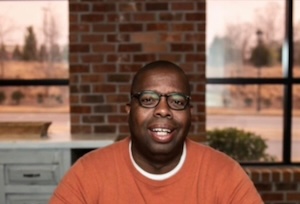
Originally published April 03, 2025.
